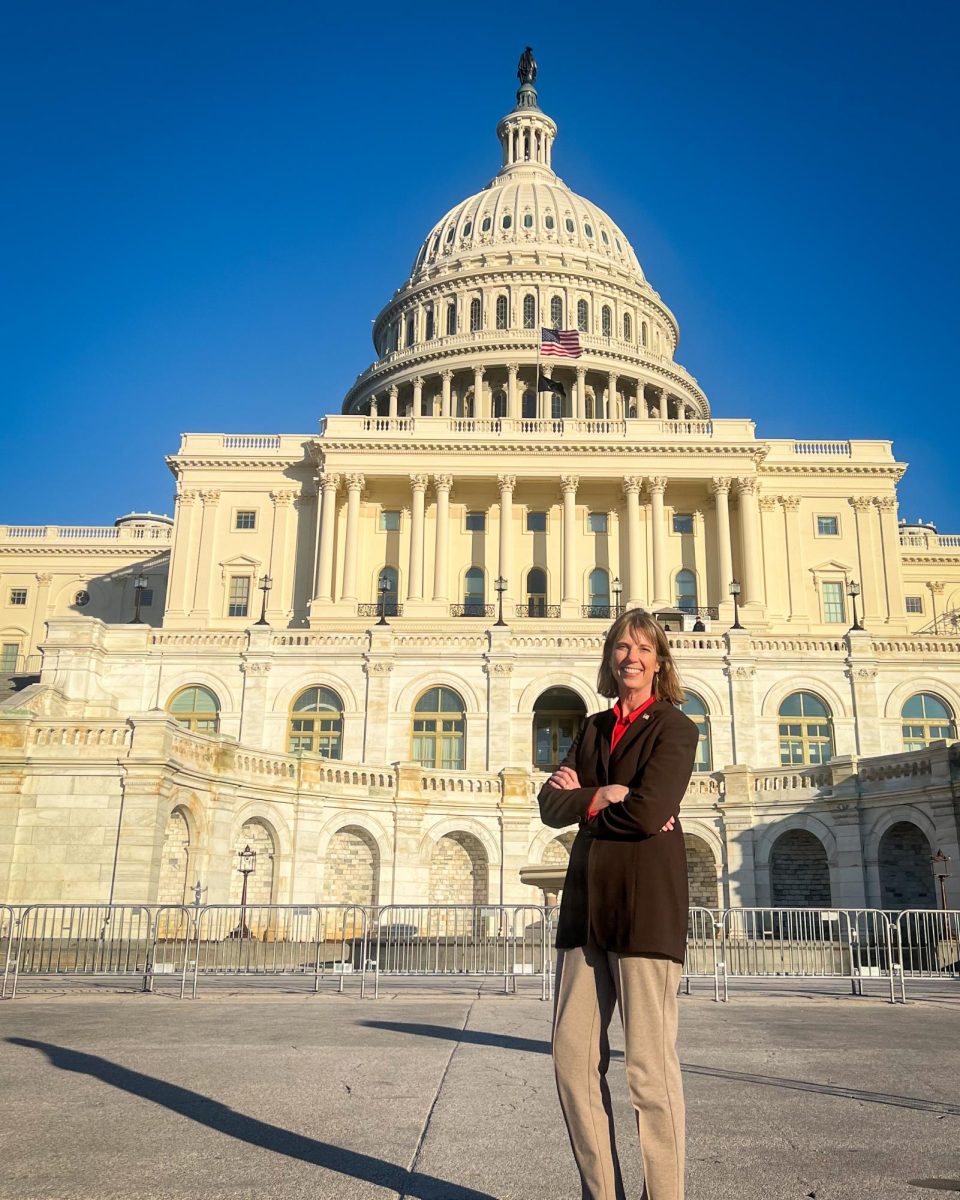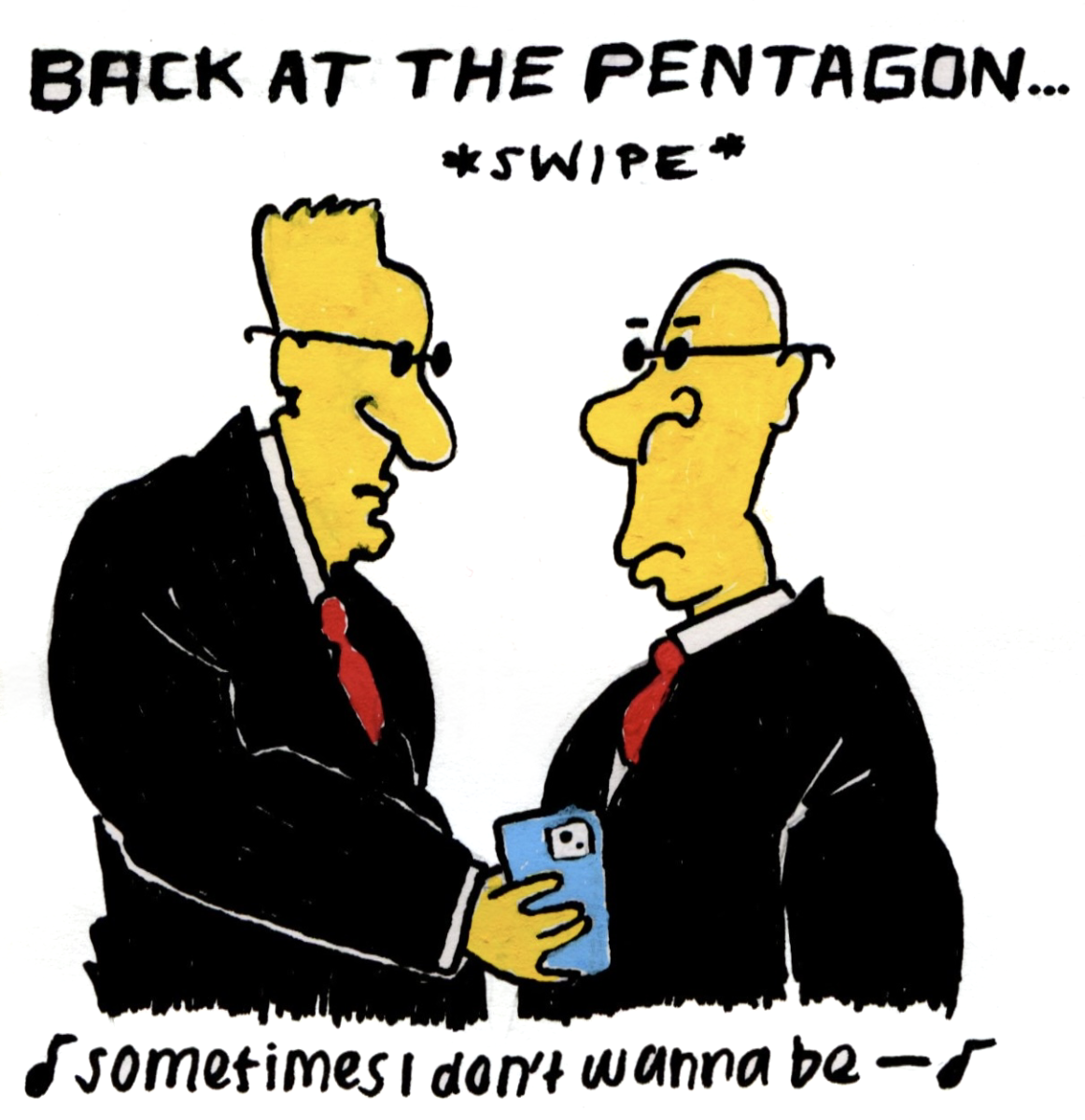First-year Nilce Alvarez had a smile and a sense of relief on her face last Monday, Dec. 6: she had just received an e-mail saying that she’d made it off the waitlist and into the section of Chem 126 that she wanted. That notification ended her month-long, stressful experience with the waitlist: a stress many students and some administrators believe is more pronounced with the college’s recent decision to no longer use electronic waitlists.
Since the Registrar’s decision to end electronic waitlists for the fall 2010 pre-registration period last April due in part to the increasing complexity of allowing registration for closed classes through the college’s Datatel registration software, all waitlists have been kept by faculty. Previously, some faculty had opted to keep their own waitlists, but most courses had electronic waitlists.
While removing waitlists from Datatel allows faculty to select which waitlisted students get into their class, and therefore give priority to students who need the class for their major or are especially interested in the class, it also adds a layer of complexity to the process. Previously, if a class was full, a student would electronically sign up for the waitlist and know their place on the waitlist queue. If a student was first on a waitlist and a seat in the class opened up, the student received an e-mail and could register in a matter of minutes.
Now, if a class is full, the student must e-mail the professor. If the professor decides to offer a student a seat, he or she e-mails back the student. Then, the student must contact the professor to confirm the seat, and then the professor must electronically provide the student consent to register. The student must then call the Registrar’s office to register, since Datatel will not allow a student to register for a closed class, and if he or she has signed up for a full courseload, they must convey to the Registrar’s office which class they will drop.
“[It’s a] mixed bag. It should be a simple process, but our technology’s made it more complicated,” Registar Ron Urban said, referring to the difficulty registering once offered a spot off the waitlist.
Urban said that while he would like to have an electronic system, many faculty demand to control their waitlists. But only having software for first-come, first-served waitlists necessitated the change.
“[Students] don’t understand the system and the faculty [doesn’t] understand the system,” Urban said, adding that he didn’t feel that faculty should be have to be responsible for waitlists on top of their academic duties.
Indeed, the current process is confusing. Some professors go with a first-come, first-serve policy; others give preference to those who need the class for the major. Some faculty, flooded with requests, haven’t responded to the e-mails; Urban recently sent an e-mail encouraging them to do so.
In a more unusual case, Assistant Professor of Astronomy Nathaniel Paust decided this semester to interview students interested in getting off the waitlist for ASTRO 110: Principles of Astronomy.
“I hope I can get the people who really want the class, and hopefully will be good additions to the class,” he said.
Out of about 30 people who e-mailed him to ask for a spot on the waitlist, seven have signed up for an interview.
“Given the decrease in people who blindly asked to be on the waitlist to the people who actually followed through, it seems like it’ll work pretty well,” he said. “Of course, I won’t know for sure before the start of next semester, when they actually have to show up for class.”
Paust said he got the idea to interview students from his wife’s experience at Harvard, where students had to write essays to get into extremely popular classes taught by Nobel Laureates. Unlike those classes, though, Paust plans to be more generous with whom he lets in, letting in up to 10: and maybe more: students beyond the pre-registration cap of 45.
In other cases, students must figure out how to get on the waitlist at all. During fall 2010 pre-registration in April, junior Michael Hanley wanted to get on the waitlist for Elementary and Standard Arabic for this fall. Problem was, the professor: a visiting professor: wasn’t yet at Whitman, and didn’t even have a Whitman e-mail address.
“He wasn’t on campus yet, so I tracked down [Chair of the Department Akira] Takemoto,” Hanley said. “That one was a little up in the air.”
But Hanley, who ultimately got into the Arabic class and also got off the waitlist for Theories of Empire, a class for his environmental studies-politics major, said he prefers e-mailing professors over an electronic waitlist system.
“As an underclassman, I just kind of did the [electronic] waitlist but wasn’t assertive about it,” he said, noting that he never did make it into a class from an electronic waitlist. “The e-mailing system hasn’t been a problem for me. The more communication with professors, the better.”
First-year Nick Shariat, however, is more frustrated with the e-mail waitlist system. Shariat is trying to get off the waitlist into Bio 111: Biological Principles: a pre-requisite for most other biology courses: as well as his preferred section of his organic chemistry lab.
“It’s an ambiguous process. Besides the fact that I’m new here, what I have to do isn’t clear,” he said.
Shariat e-mailed both professors and personally followed up with one of them, but doesn’t know what his odds of getting into the classes are. While Shariat supported the ability of faculty to decide who gets off the waitlist, he wishes the system were better integrated into the registration process.
This, it turns out, will be coming soon. WCTS has been working on a workflow management system designed to simplify the waitlist process, and hopes to have a pilot version ready for fall 2011 pre-registration by April.
“The idea is to take the advantage to the student of the electronic waitlist, which is to somehow indicate that they’re interested in the classes that are closed, and retain the advantage to the faculty so they can control who’s in the class, but take care of it in a timely manner so nobody’s coming into the class three days late,” said Michael Quiner, Whitman’s director of enterprise technology.
The new system would allow a student to indicate their interest in a closed class in the online registration program, which would trigger an e-mail to the professor. The professor could then provide the student consent, which would trigger an e-mail to the registrar’s office, who would then contact the student.
In addition to streamlining the process, Quiner hopes the new system will allow the college to track waitlist statistics; no statistics are kept now since each professor handles his or her own waitlist.
Alvarez, the student who got off the Chem 126 waitlist, hopes for anything to make her registration and waitlist processes easier next year.
“Hopefully it won’t be like this every single semester,” she said. “I really don’t know what the ideal circumstances for getting everybody into their classes would be, but I really don’t want to go through something like that again, because it’s very stressful and very time-consuming.”








